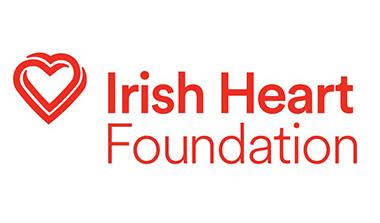Treatment & Prevention
Depending on the type of arrhythmia, your doctor may recommend medications to stop, prevent or control the abnormal heart rhythm.
Alternatively, you may need a heart procedure such as cardioversion or ablation to treat the abnormal rhythm. In some instances a pacemaker or implantable cardioverter defibrillator (ICD) may be required.
Cases requiring CPR and or a defibrillator
The most serious cardiac rhythm disturbance is called ventricular fibrillation when the electrical activity is so fast and chaotic that the heart cannot pump any blood.
Collapse and sudden death follow unless cardiac massage and further medical help is provided immediately. The rhythm can be converted back to normal by an electrical shock from an external defibrillator.
Medication and implantable devices
Further rapid heart beating can then be prevented by medications or in certain high risk cases by implanting an electronic device called an implantable cardioverter defibrillator (ICD). This looks like a large pacemaker but of course it treats rapid heart beating rather than slow heart beating.
Pacemakers and slow heart beats
If slow heartbeats (bradycardia) don’t have a cause that can be corrected, doctors often treat them with a pacemaker because there aren’t any medications that can reliably speed up your heart.
Not all arrhythmias mean you have heart disease.
During exercise it is normal for your heart to beat faster and when you are resting or asleep your heart beats more slowly. In many cases, you can’t prevent arrhythmias but being aware of the factors which may increase your risk can help to prevent these occurring. Keeping a heart healthy lifestyle is really important to prevent heart disease and stroke.





























































